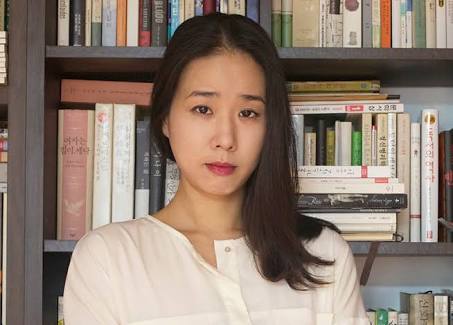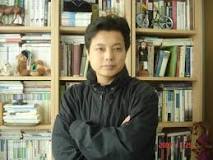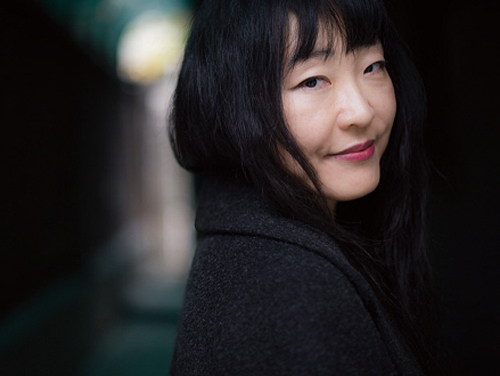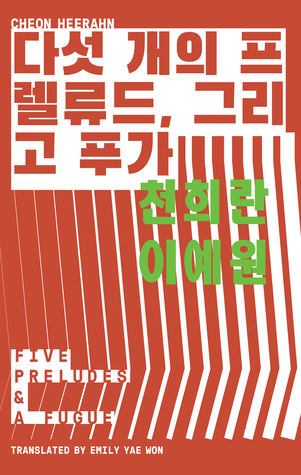
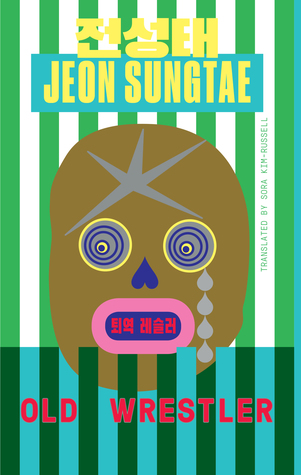

Books in series

Five Preludes & a Fugue
2016

Old Wrestler
2019

Europa
2019
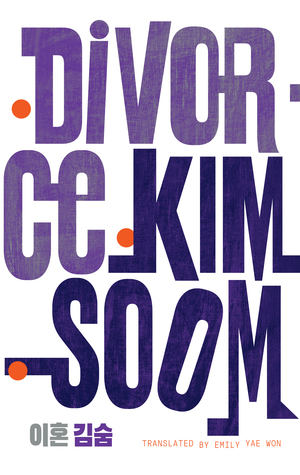
Divorce
2019
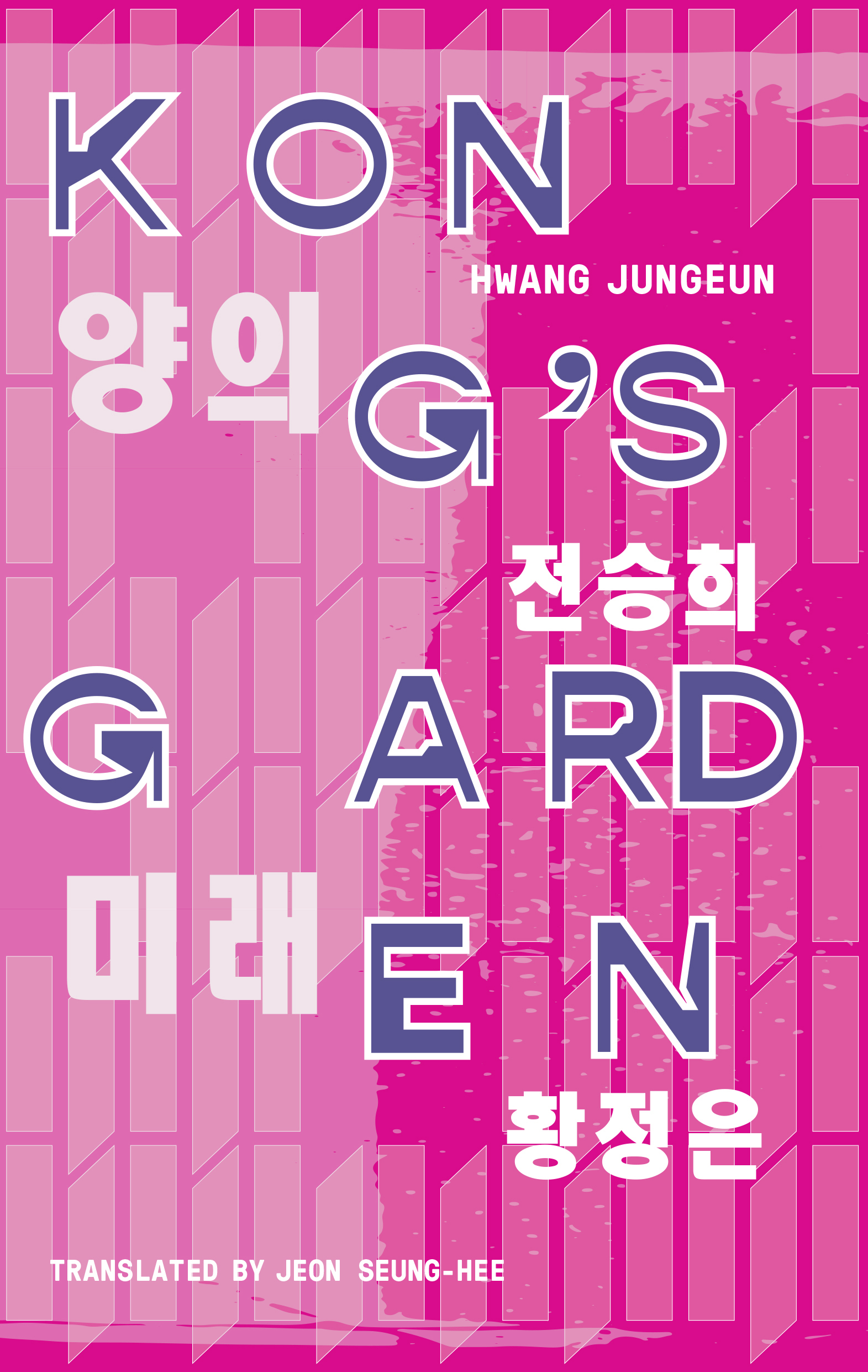
Kong's Garden
2015
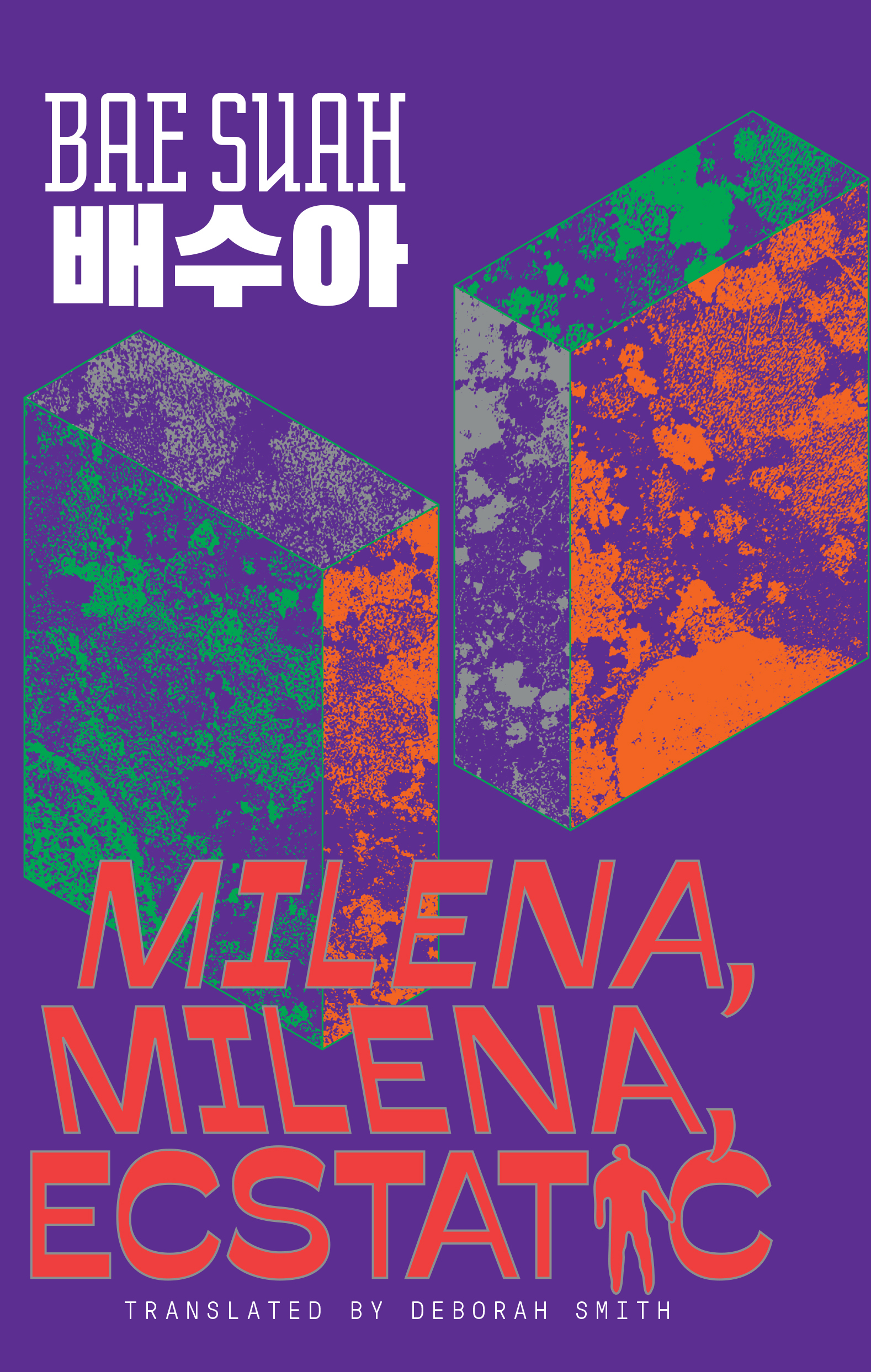
Milena, Milena, Ecstatic
2019
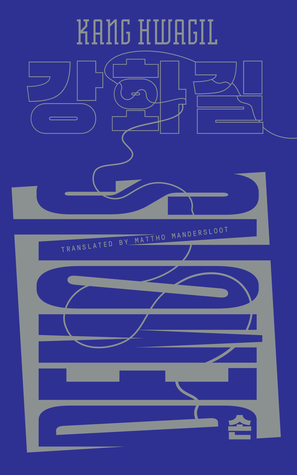
Demons
2019

Left's Right, Right's Left
2019
Authors

Librarian Note: There is more than one author by this name in the Goodreads database. 소설가 한강 Han Kang is the daughter of novelist Han Seung-won. She was born in Kwangju and at the age of 10, moved to Suyuri (which she speaks of affectionately in her work "Greek Lessons") in Seoul. She studied Korean literature at Yonsei University. She began her writing career when one of her poems was featured in the winter issue of the quarterly Literature and Society. She made her official literary debut in the following year when her short story "The Scarlet Anchor" was the winning entry in the daily Seoul Shinmun spring literary contest. Since then, she has gone on to win the Yi Sang Literary Prize (2005), Today's Young Artist Award, and the Korean Literature Novel Award. As of summer 2013, Han teaches creative writing at the Seoul Institute of the Arts while writing stories and novels.
